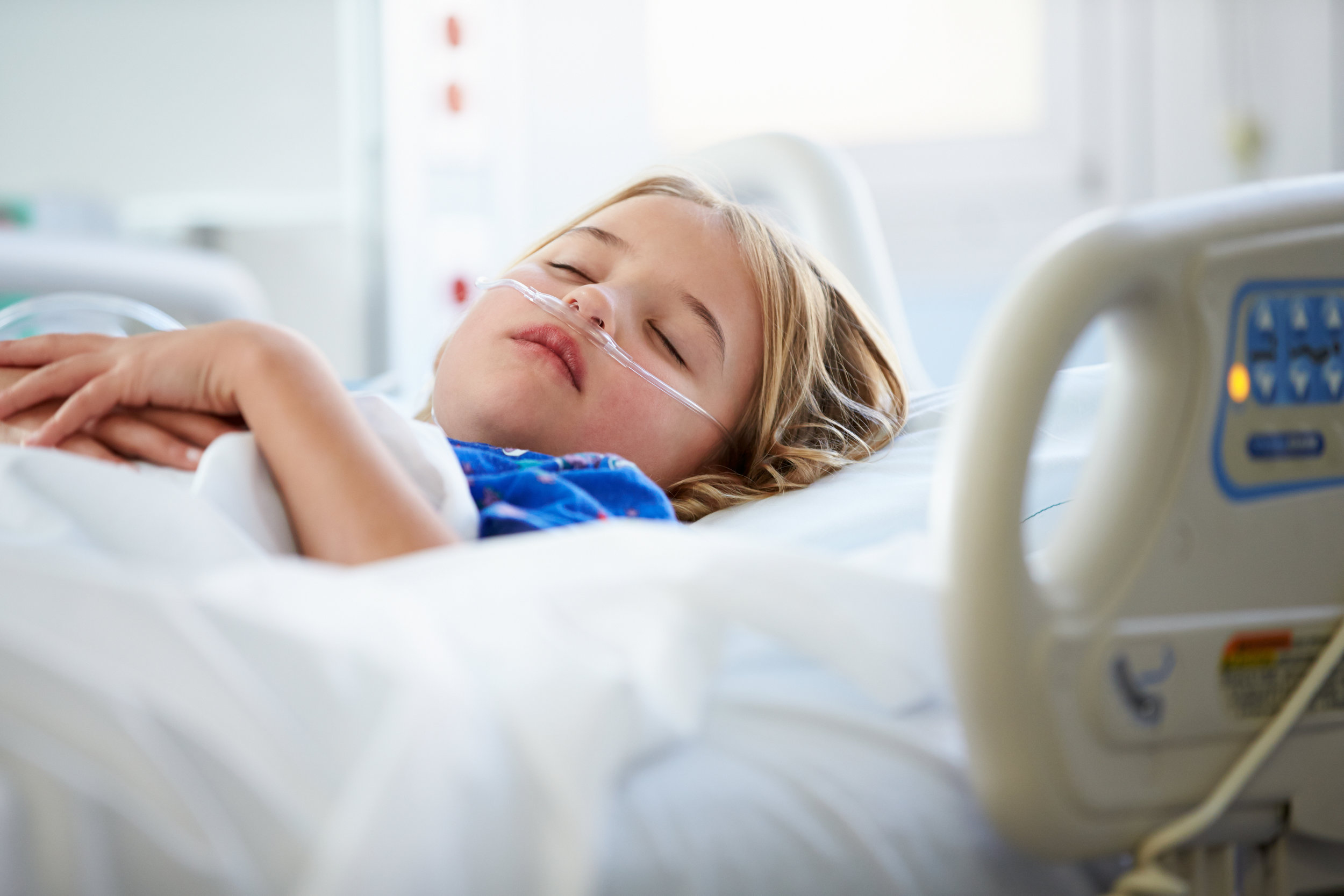Someone asked me recently to write about what it felt like to be a child patient. I had over half a dozen starts, but I ended up scrapping the article because it was too heavy.
Maybe that was my excuse because I wasn’t ready to put that period of my life down in words for everyone, even me, to read. But that’s not fair. Keeping it to myself or glossing it over to sound more optimistic can’t change what was or what would be. So much of my self developed from that one event and the nearly two years of recovery that followed. I just spent a happy weekend with maybe half of the people on the planet who remember that time, and I am reminded that it can’t hurt me anymore. I won.
For the next three posts, I will share the things almost no one knows or remembers from the beginning of my healthcare journey, and how the monster that personifies my conditions came to be.
There’s a lot I remember clearly and a lot I don’t remember at all.
It started before the hospital, of course. It was February, flu season, and I wasn’t feeling well. Even so, my school was having multicultural night and I wanted to go. Kindergarteners sat on the gym floor, and I wet my pants. It was very embarrassing; I was almost six years old. I didn’t know at the time that my bladder was already paralyzed. The timeline is a little fuzzy, but I think that was Saturday night.
Sunday morning I still wasn’t feeling well. I asked my mom if I could take a nap on her bed. I was wearing blue footie pajamas.
I only know what I’ve been told of the next four days or so. That my grandparents called and when I didn’t answer the phone like always, my dad went to check on me. That he found me in a coma on his bed, foaming at the mouth.
Back then, we lived four blocks away from a hospital. My parents called my godparents, who rushed over. My godmother stayed with my brother while my godfather drove me with my parents. This is where luck lived for me. The ER doctor had no idea what I had, just the 105 fever. My brain was boiling in its own fluids. He treated me with penicillin, which just happens to be the treatment for meningitis.
I was comatose for three days. In that time, they catheterized me and tried to cool me with a special blanket. My parents were told to talk to me because there was evidence that comatose patients could hear. (That's true.) I remember the rise to the surface. It was like when you go through your transition sleep stage, when you know you are about to wake up but you’re not quite there yet. Sometimes I heard my dad playing guitar and singing to me. Sometimes I heard voices I recognized talking to each other or to me. I was trying to talk to them, but I couldn’t and I didn’t understand why they couldn’t hear me. The last push through the fog was a choice. I heard my godmother’s voice. I could either go back to sleep, or go talk to her. Either or. I chose the familiar.
The first thing I noticed was the catheter. I was at that age when kids are hyper sensitive to embarrassment. So, of course, all I remember from the ICU was how embarrassed I was that there were people there and I didn’t have underwear under the hospital gown.
I spent the next three weeks in a special children's ward. I wasn’t really scared. I didn’t understand enough to be scared. I knew I almost died, and that no one expected me to improve. I had pain, a lot of it.
There was the spinal tap after which they asked my mother if she could hear me screaming in the cafeteria two floors up. I can trace my fear of needles directly to that moment. I used to try to get out of bed and fall instead. I wet the bed a lot since my bladder was still paralyzed. So was my neck, but at some point my mother decided that it wasn't going to be and with one hard yank, she turned my head and loosened the muscles. I don't know why it worked, and there aren't words to describe how painful that was. Sometimes they wouldn’t give me anymore Tylenol for my headaches and I would lie in bed and cry from it, but not from fear. Fear wouldn’t come until later, when I understood more about what had happened and what mortality actually meant.

